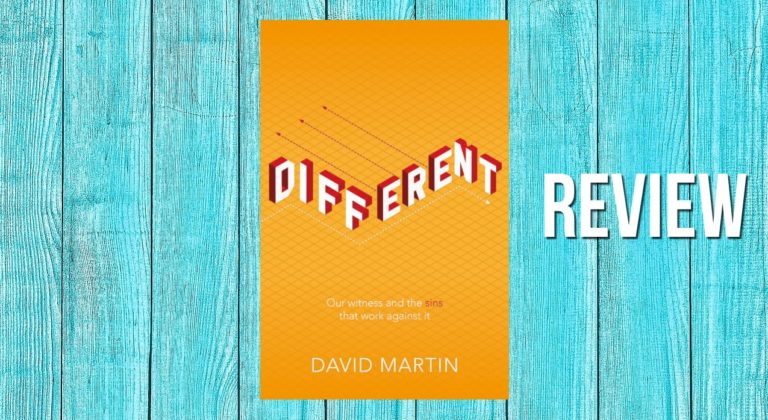When I heard that Tom Schreiner was going to be writing a book in Crossway’s ‘Short Studies in Biblical Theology’ series I was excited. Then, once I found out it was going to be on the topic of covenant, I immediately preordered it from Amazon (and am still awaiting its delivery at the time of writing…)
‘Covenant and God’s Purpose for the World’ is a book that will start conversations, and, I hope, drive people back to the text
‘Covenant and God’s Purpose for the World’ is a book that will start conversations, and, I hope, drive people back to the text to check what they believe, and what they’re reading. One of the endorsements at the start says: ‘Not all readers will affirm all of Schreiner’s claims’, and I think that’s a great thing. Whatever your views on the structure of the Bible, I highly recommend you take a look at this volume.
‘We can’t truly understand the Scriptures if we don’t understand the covenants God made with his people’
Schreiner opens his book with the statement ‘we can’t truly understand the Scriptures if we don’t understand the covenants God made with his people’. It has been shown by previous books that God’s covenants with people are the backbone of the Biblical storyline, and it is also obvious from a plain reading of the Bible that there are more than one covenant. So what the author goes on to do is to walk through each of these and show how they develop the storyline, and ultimately point to Christ. Before doing this we are introduced to what a covenant is, biblically. Schreiner shows that the Biblical definition of ‘covenant’ can be discovered by looking at all it’s different uses across the canon. In the end he sums up his findings with ‘a chosen relationship in which two parties make binding promises to each other’.
From here, we go on a tour of the major covenants in the Bible: creation, Noah, Abraham, Israel, David and the new covenant. In each of these Schreiner shares insights from the text, and points us to study for ourselves.
For example, in talking about the covenant with creation, Schreiner admits that some people do not see a covenant at all. But he goes on to show why (from the whole Bible story and from language work) he believes the covenant to be necessary for the progression of the Bible story.
He also puts an end to the “conditional/unconditional” covenant debate. Personally I think this was a strong point of the book, and the evangelical world would do well to agree here.
As I was reading this book, I was preparing for a seminar on the reformation sola of ‘Christ alone’. I found that reading this was an act of providence, since it showed extremely clearly how God’s redemption plan are both centered and fulfilled in Christ. I hope that carried through in my presentation.
The book made me really marvel in God’s glorious plan from before time.
As you might tell, I really enjoyed this short book, and it was great to be seeing the unity of the whole scripture and the fulfilment of all God’s promises from another vantage point. The book made me really marvel in God’s glorious plan from before time. I plan to share this book with friends and family looking for a short introduction on the unity of the Bible.
Yet again, a big thanks to Crossway for providing me with a complimentary copy of this book I’ve been so excited to read through their Blog Review Program.




